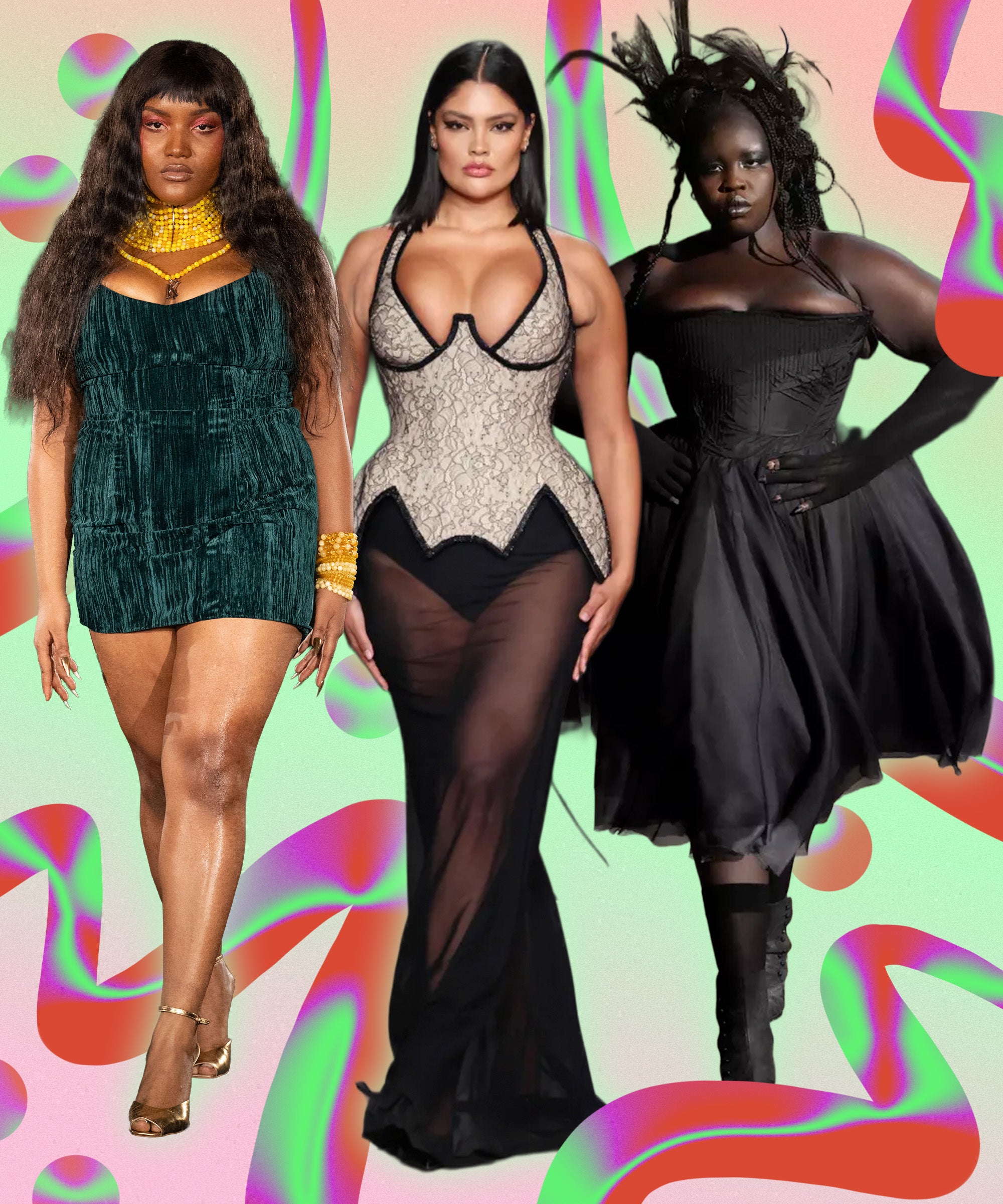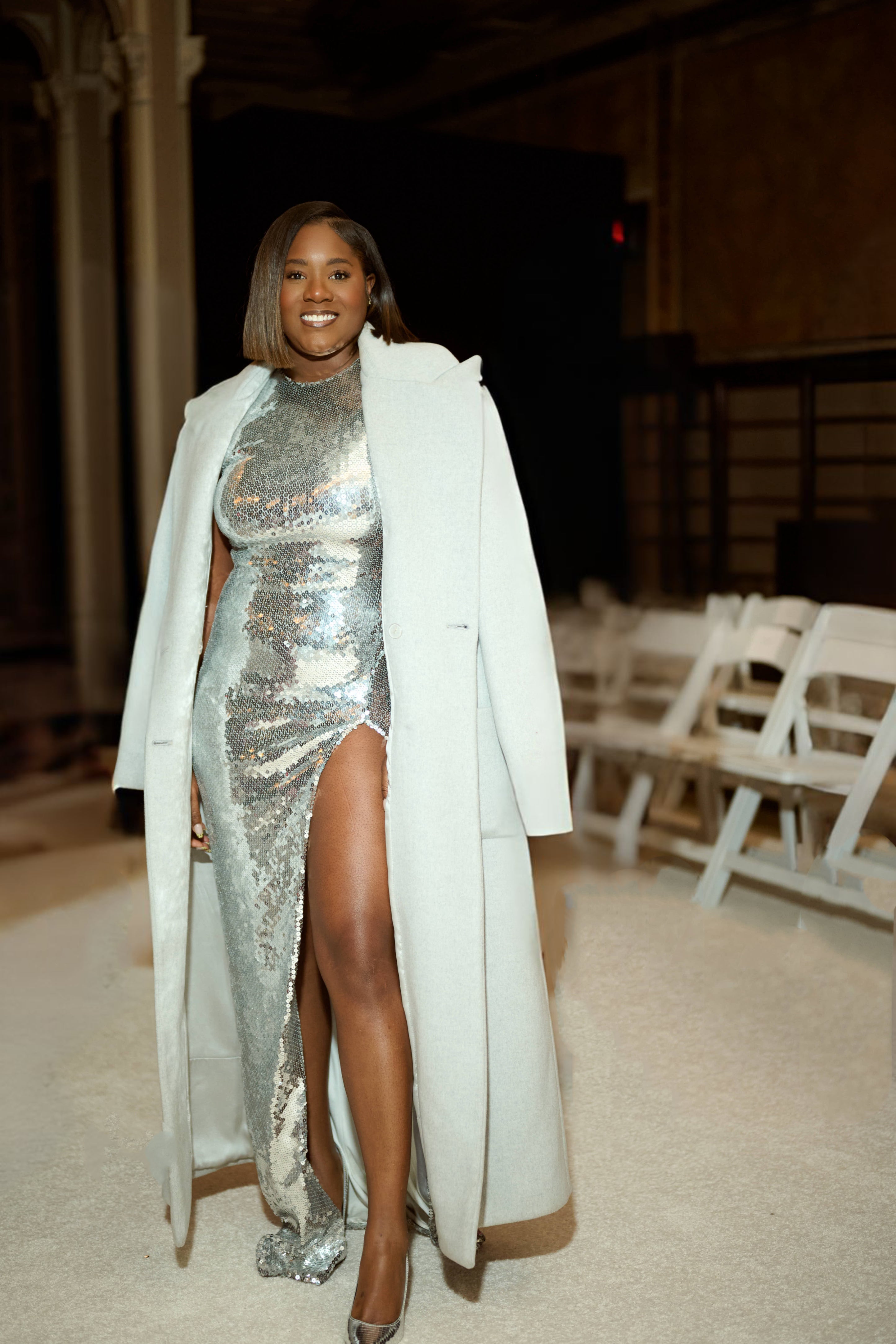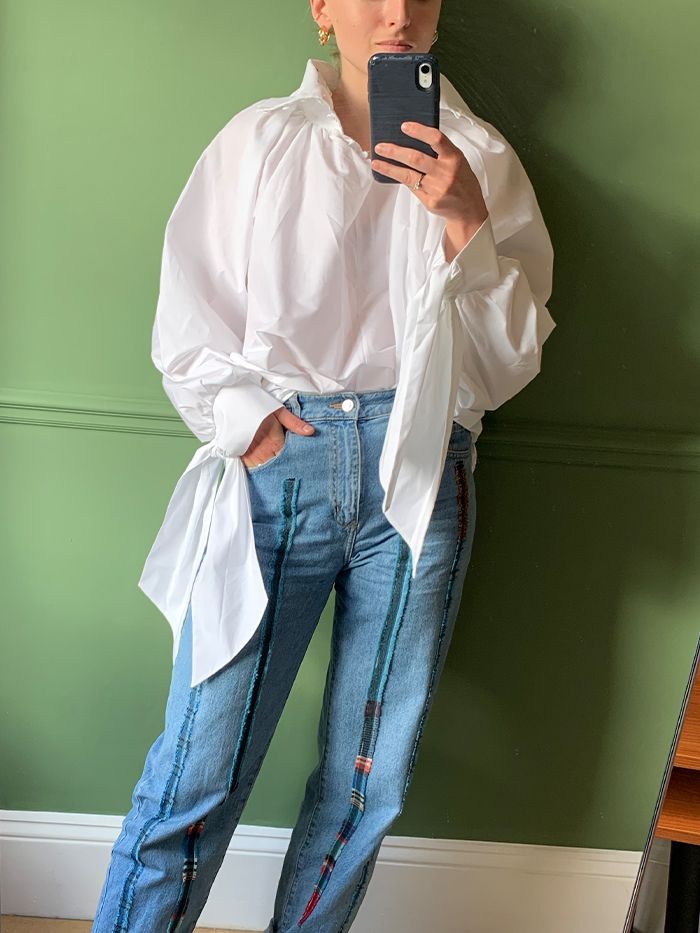
Here at Who What Wear UK, we’re all about delivering the latest and greatest shopping edits, as approved by our team. That’s why we’ve created The Joy of Shopping, a shopping column which will see me, Joy Montgomery, discussing the brands, buys, and ideas that are preoccupying my mind this month—think homewares, outerwear, and everything in-between. Is there something you’d like me to cover? Make sure to tweet or Instagram me your requests!
How do you create original personal style? It’s a somewhat loaded question that fashion-lovers have grappled with for centuries. Just like ‘good taste’, originality can feel like an illusive, ever-moving target that changes year-to-year, month-to-month, and now thanks to the fast-paced nature of social media, week-to-week. The moment you think you’ve captured it, the world around you shifts and, more often than not, you’re left behind, breathlessly trying keep up with the zeitgeist.
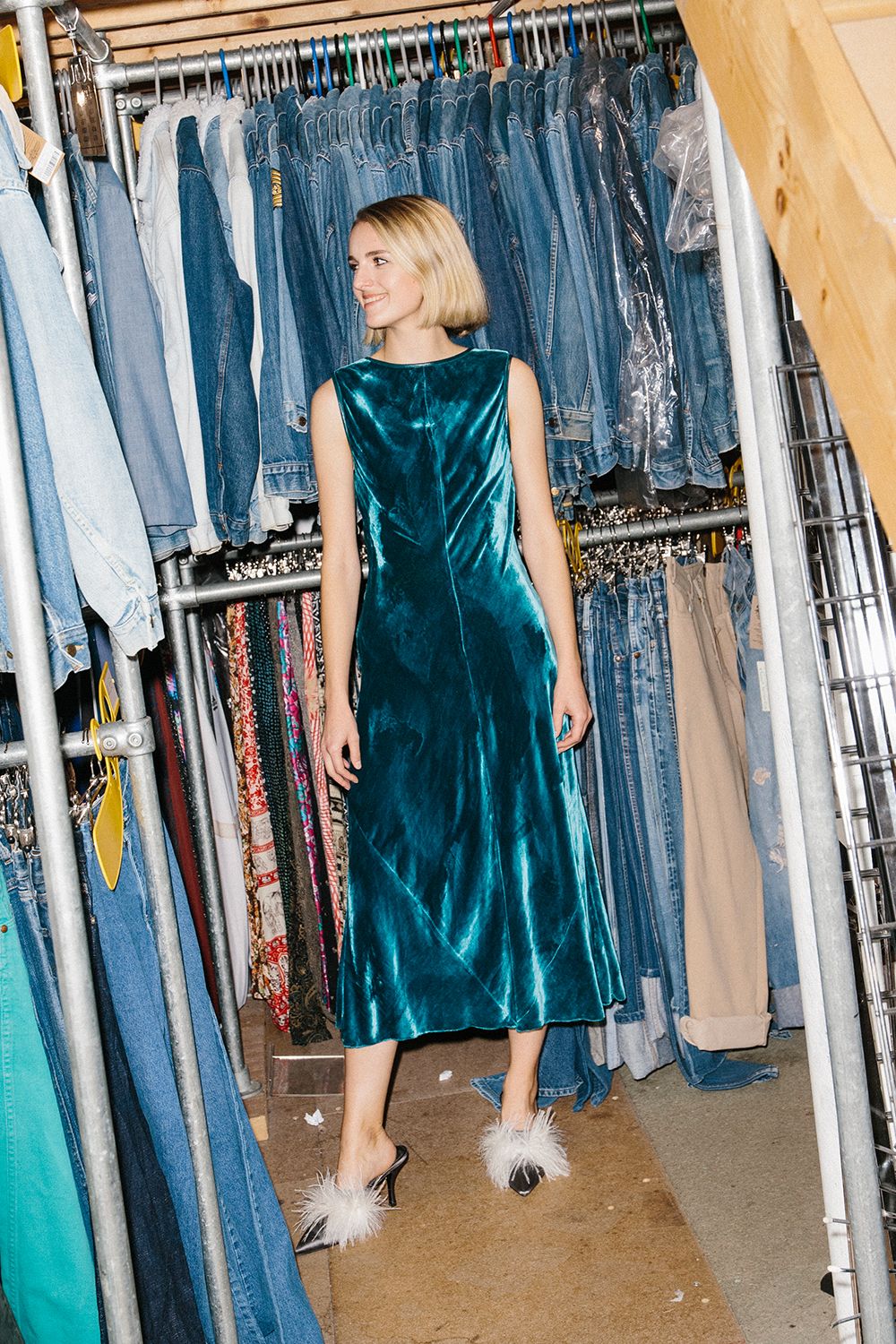
Until last year, the world of upcycling was totally alien to me, then I came across Mad Brown Knitwear, a small brand that was taking old cable knit jumpers and lovingly restoring them using brightly-coloured yarn. The finished product was truly stunning. This discovery sent me down an Instagram hole of ‘reworked’ fashion brands, all of which offered that off-beat originality usually reserved for high-end designers but for a fraction of the price.
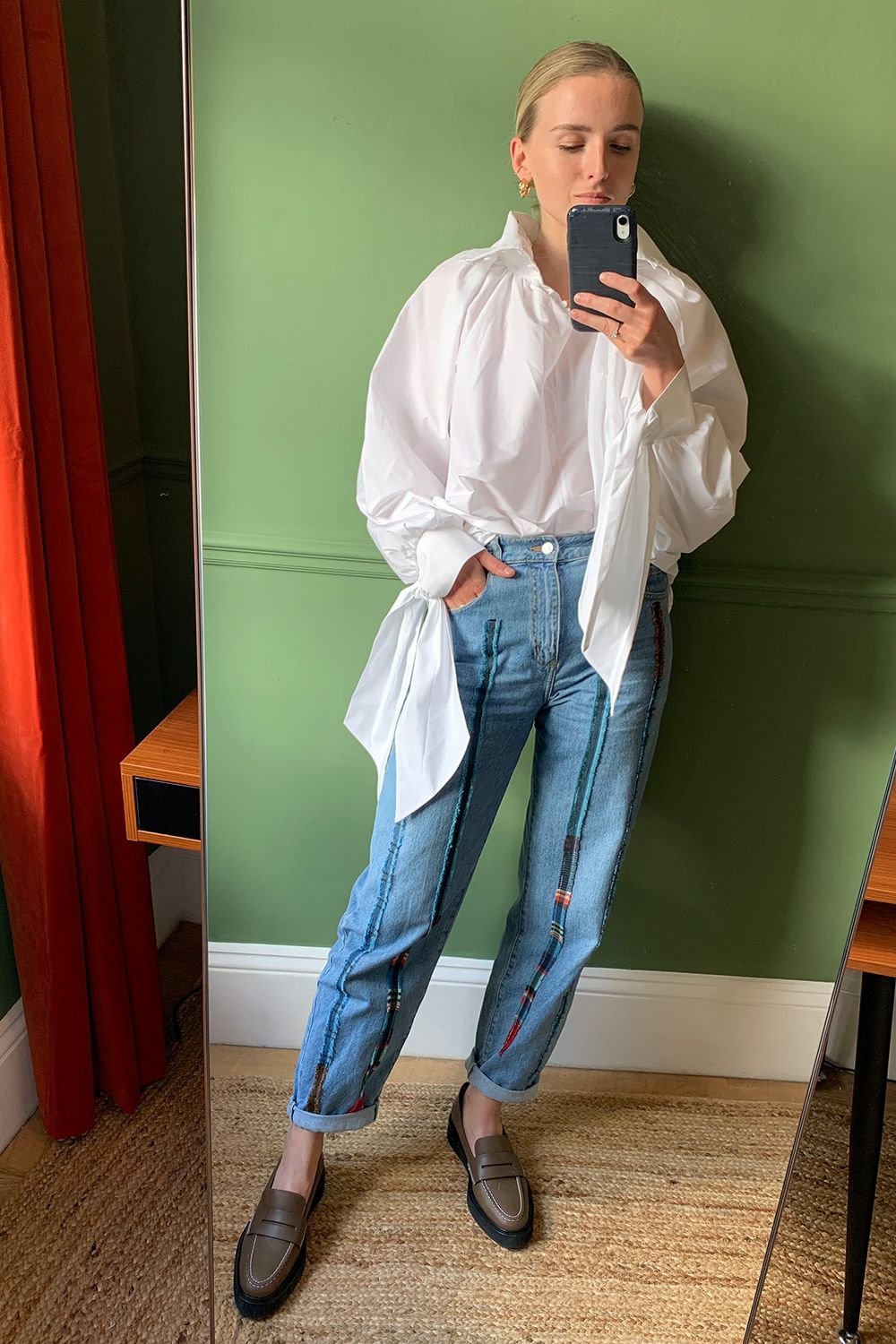
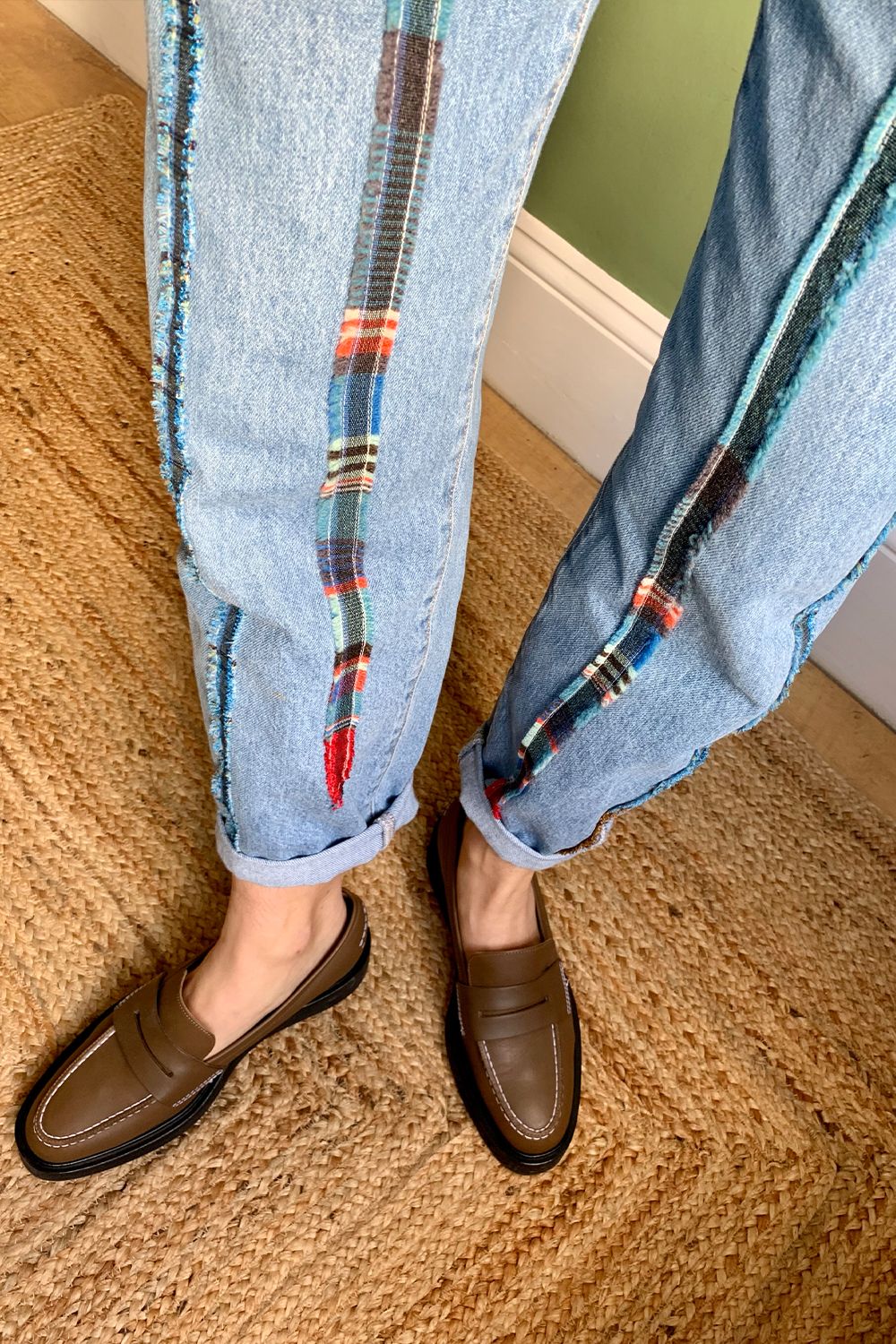
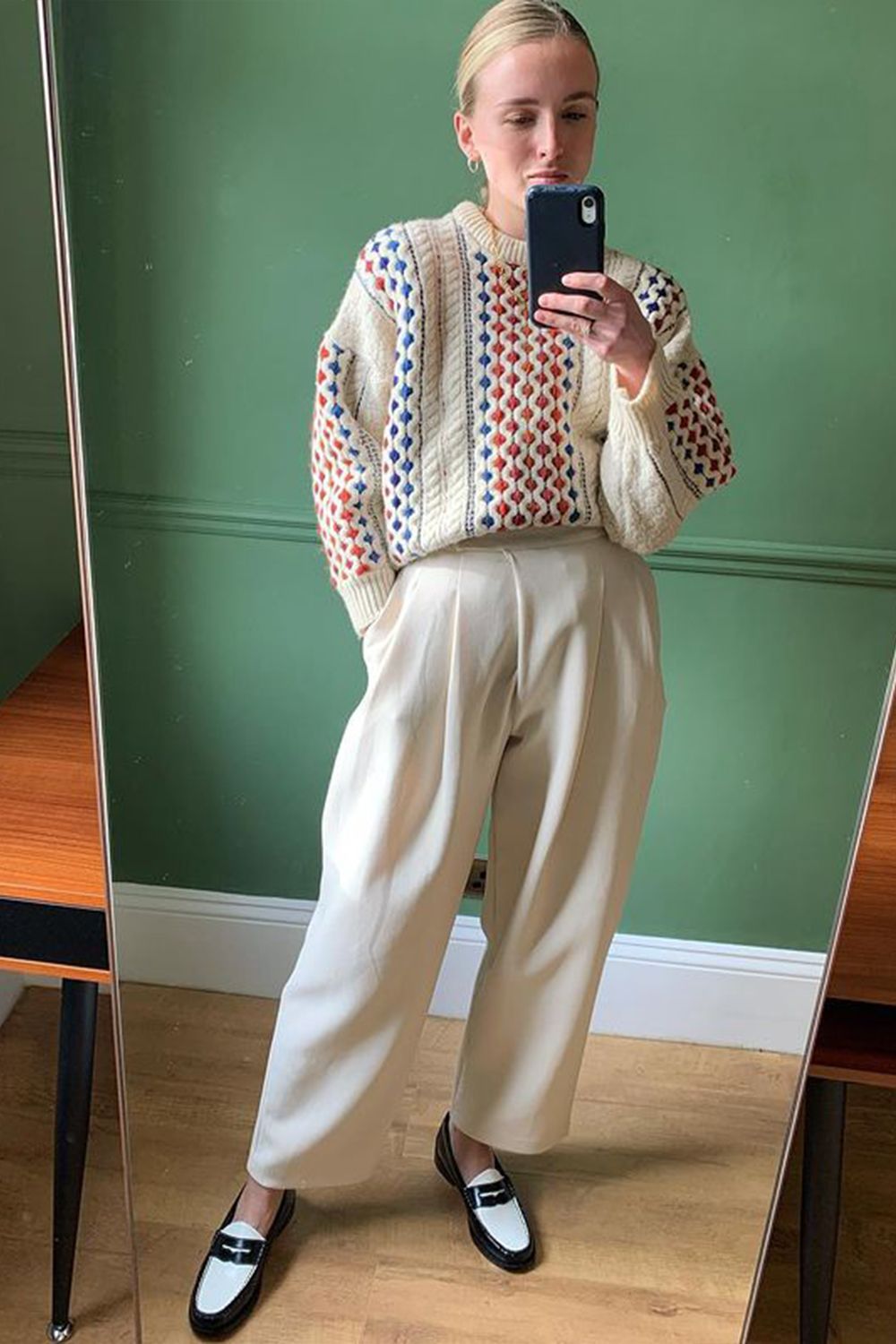
I also have to mention Lola Alba Vintage, a brand that creates the coolest patchwork pieces out of old fabrics. They even have an option to send your own quilts and linens, which they use to create a bespoke piece. Now if that isn’t original style then I don’t know what is. Re-wear, upcycle and learn to love the clothes you own. Sounds simple enough, but it’s a principle that could radically transform both your wardrobe and the fashion industry as a whole.

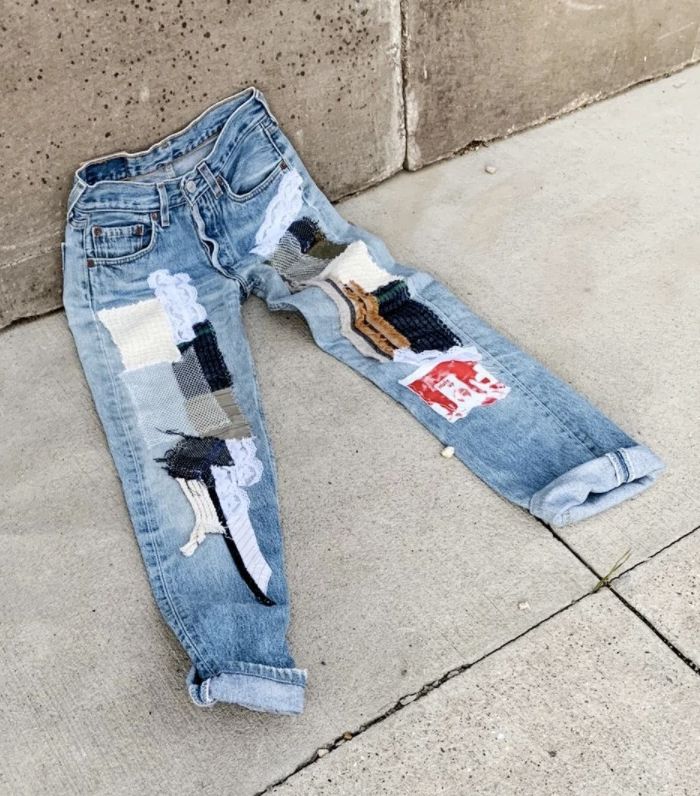
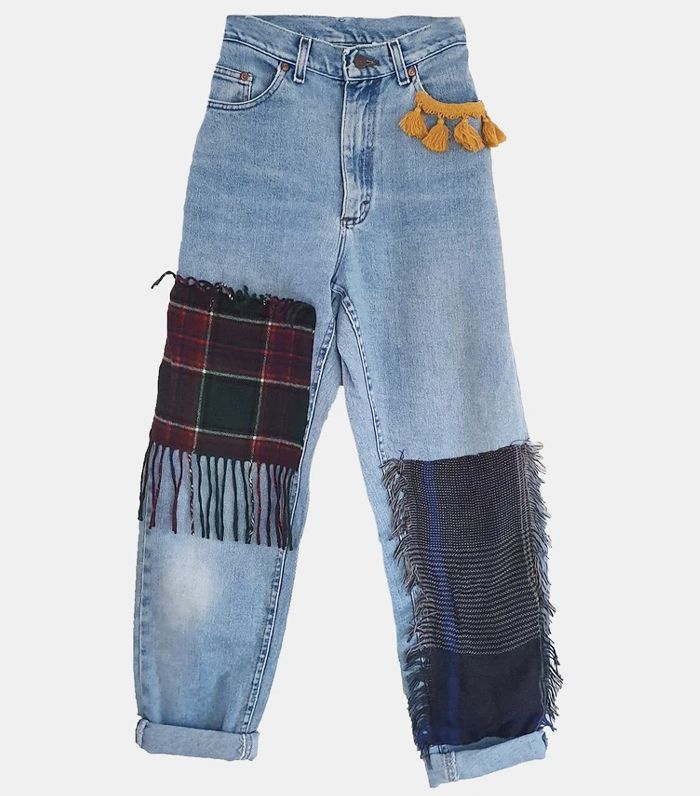
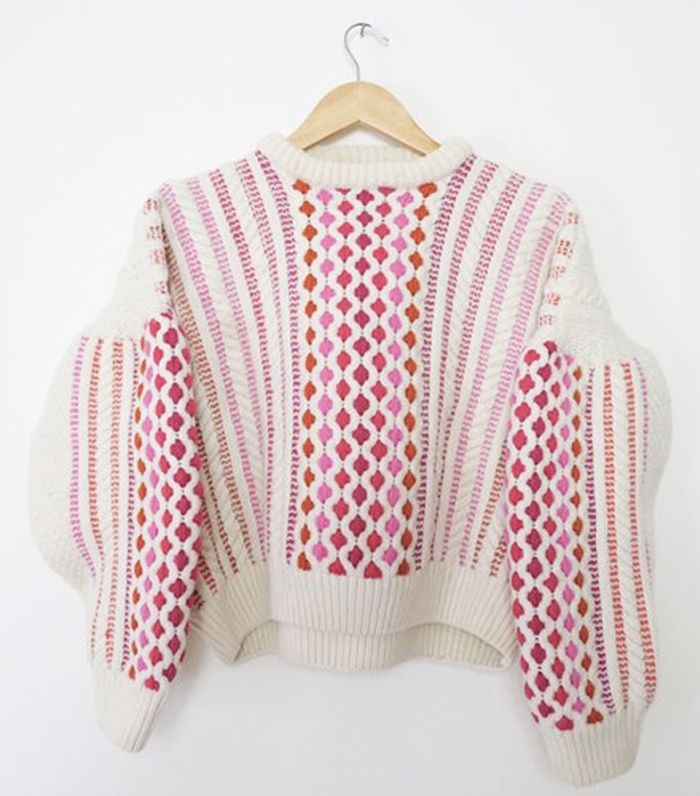

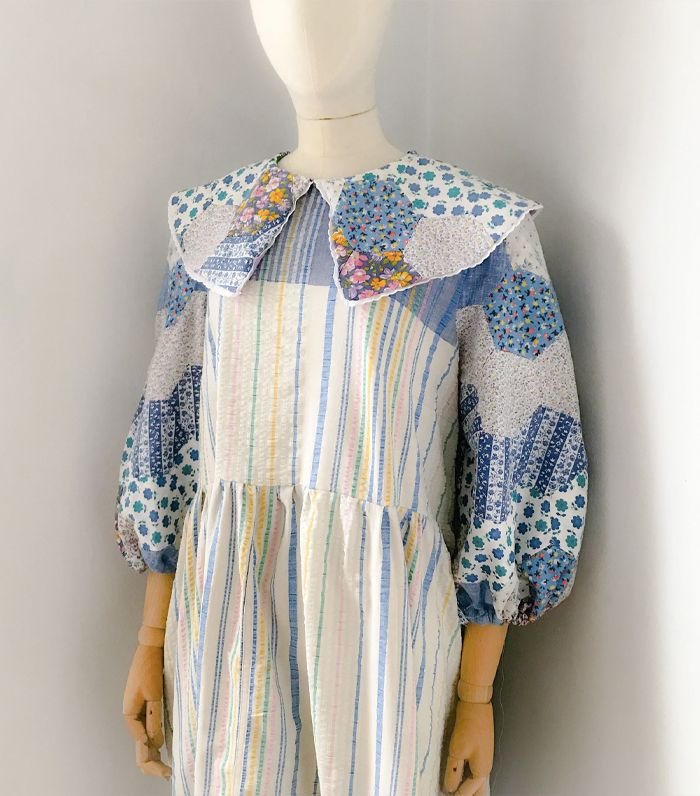

I’ll put my hands up and confess that I have become a total lockdown cliche this year: I have rediscovered the joy of DIY. As anyone who has read my previous stories will know, last year I taught myself to sew and it totally changed the way I viewed my wardrobe, and so really it was a logical extension to apply the same principle to homewares after I moved into a new flat back in December.

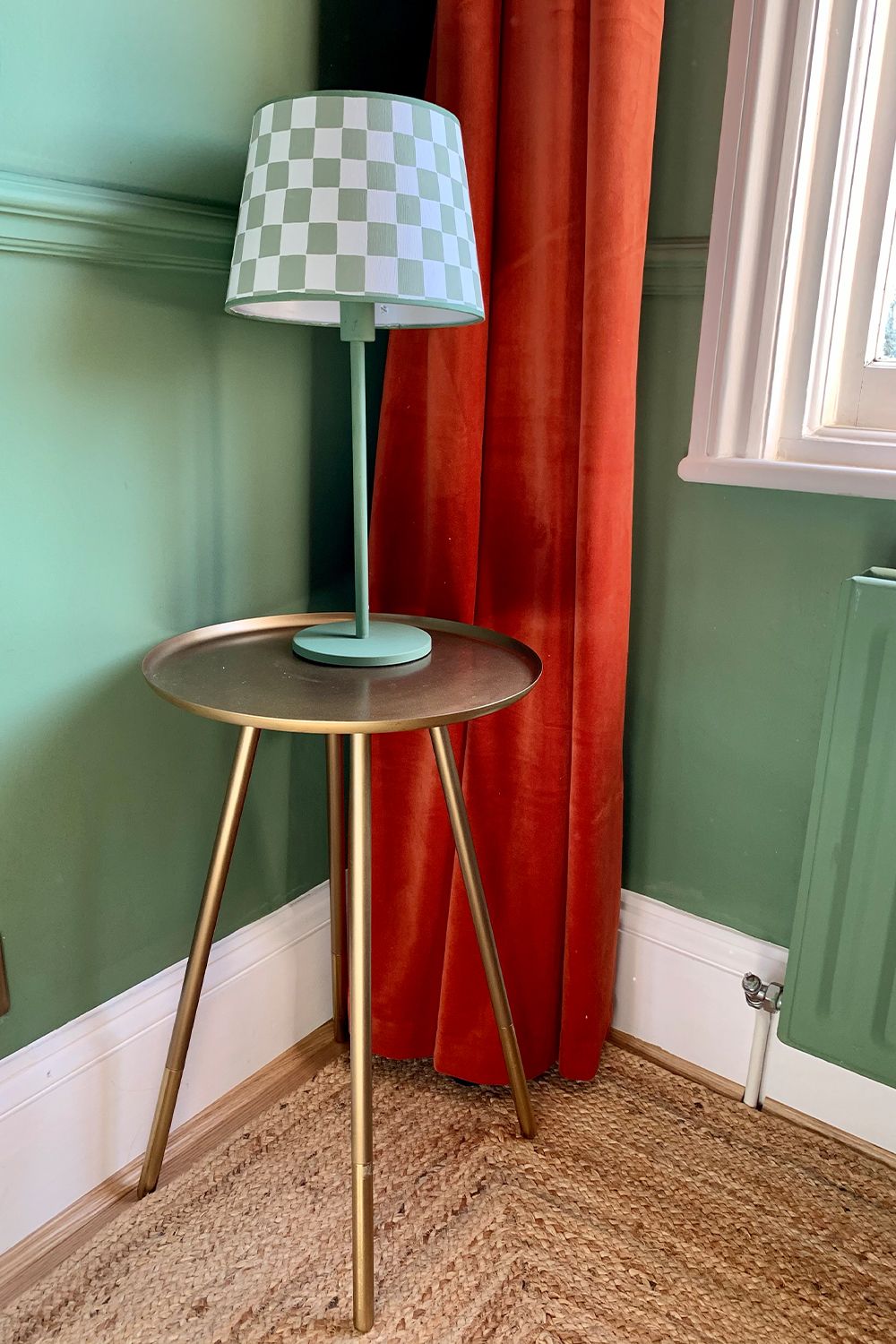

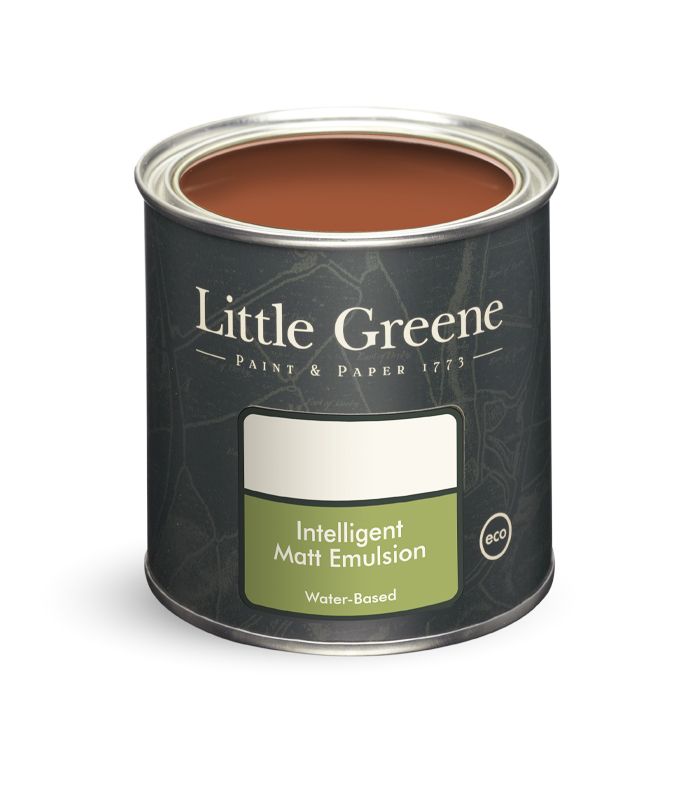
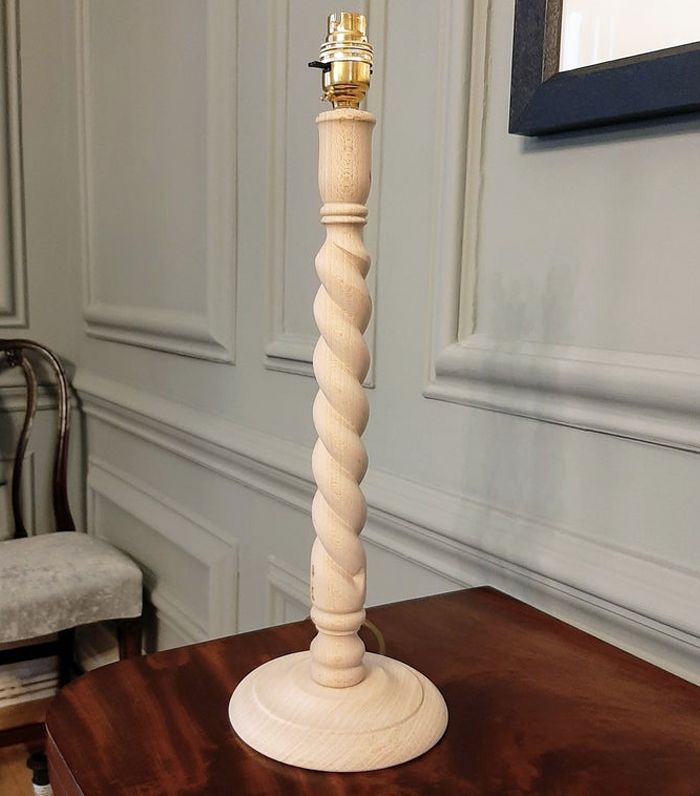
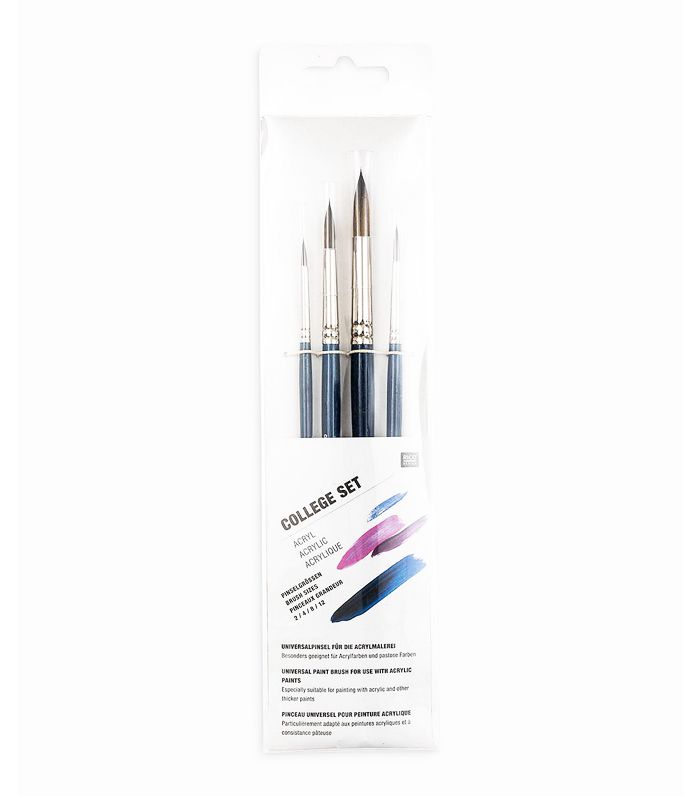
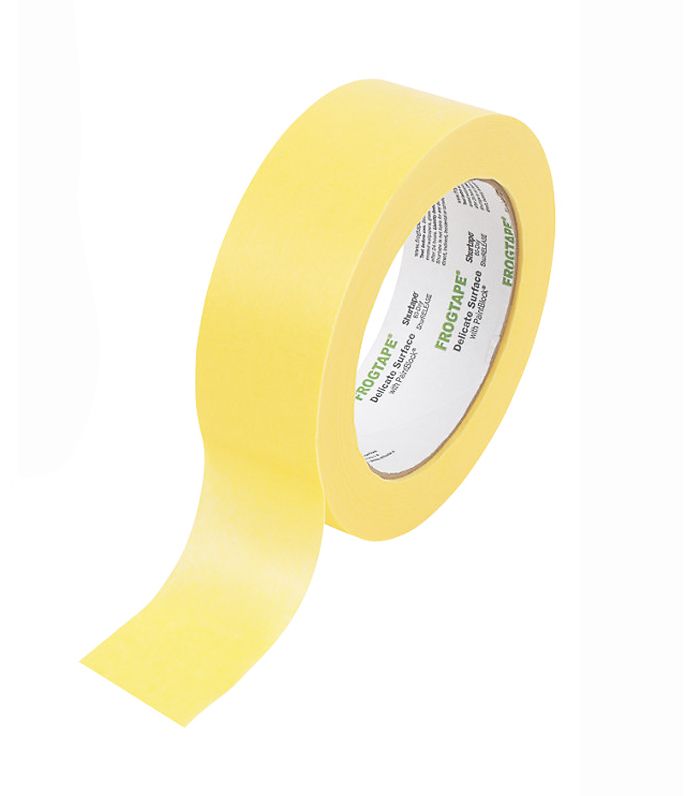
It goes without saying that this is a complex topic that could easily be addressed in a whole article of its own, but all I know is that high-street fashion is, and has always been, an important part of my wardrobe. Of course, in an ideal world, everyone would be buying vintage fashion and 100% sustainable brands, but as the market currently stands, these options can often be both expensive and restrictive when it comes to sizing.
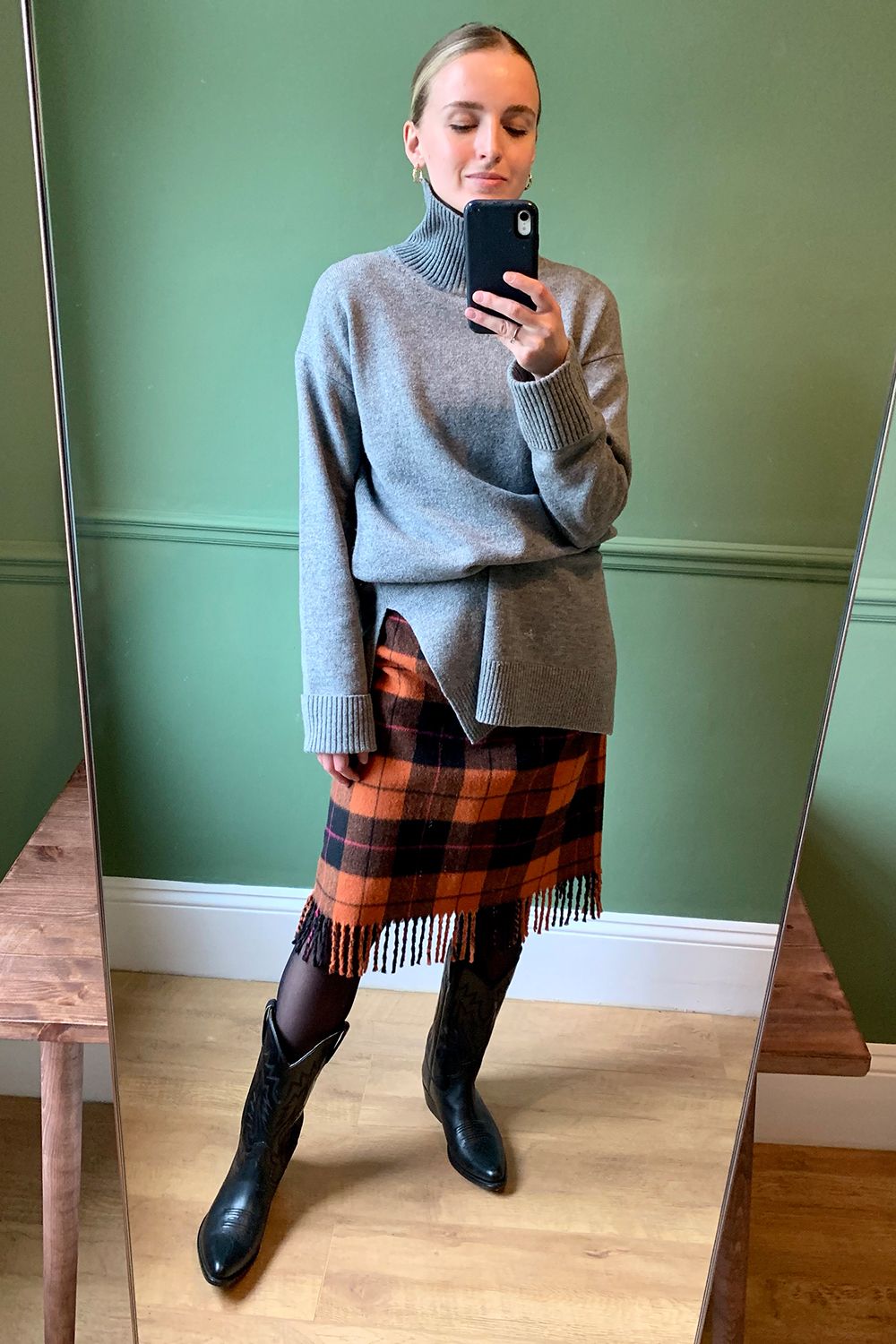
The way I see it is that my job is to show readers how to take a more considered approach to high-street fashion, for example identifying well-made pieces that will stand the test of time. It’s all about fabric, fit and versatility. Firstly, look out for fabrics that have substance, hang well and won’t need to be washed conatsntly, such as wool, denim and cotton. Fit-wise, I would say less is more—often the high-street pieces I’ve kept the longest have been clean-lined basics such as blazers and tailored trousers. Just make sure to try on multiple sizes to find the fit that is comfortable and makes you feel good. Versatility is also an obvious one, but it’s about thinking before you buy: Can you imagine 5 or 6 ways of styling said item? Is it something you’ll wear twice then get bored of?
Ultimately, my hope is that in the future vintage and high-street (presuming brands continue to take steps to improve their carbon footprint) can sit side-by-side in the average wardrobe. In my experience it’s this meeting of old and new that can create the most truly original style.
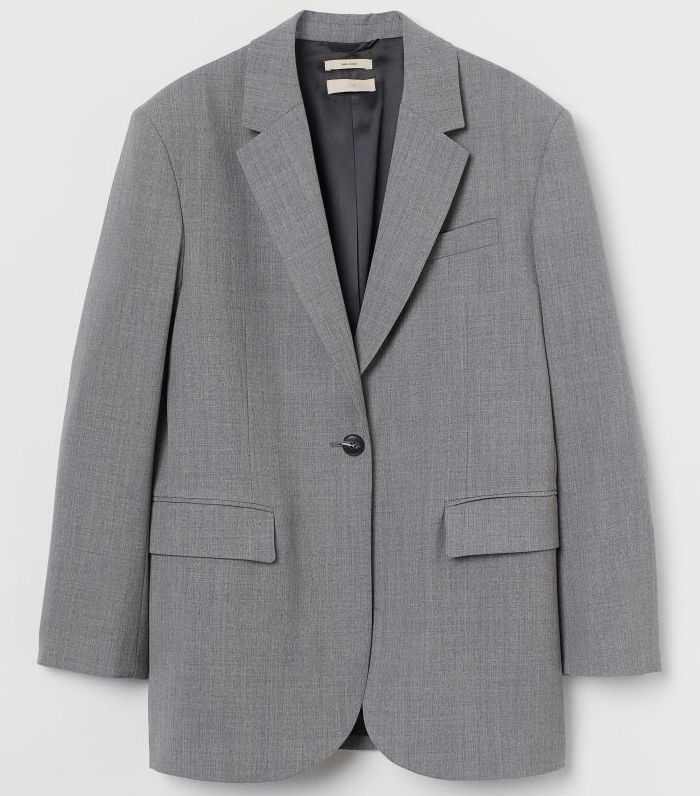
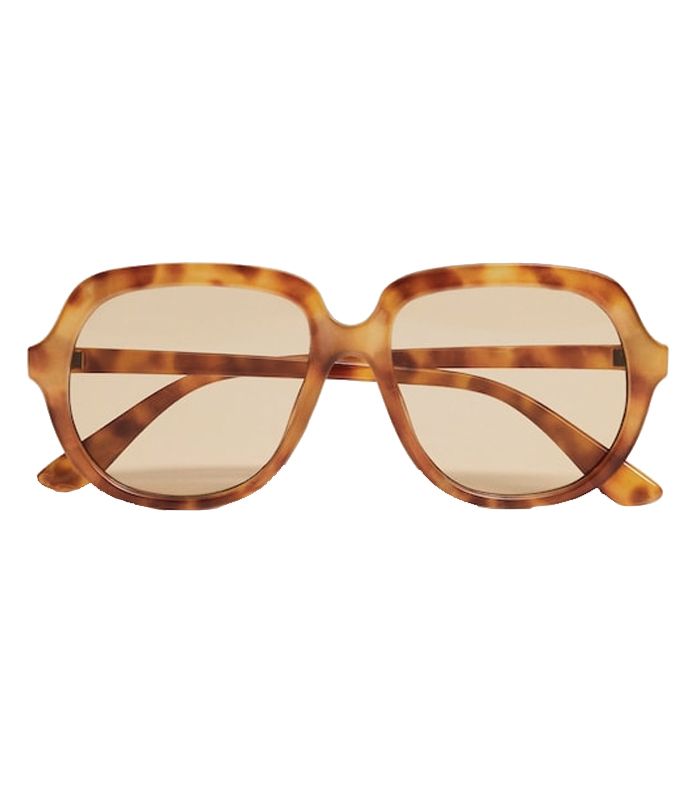
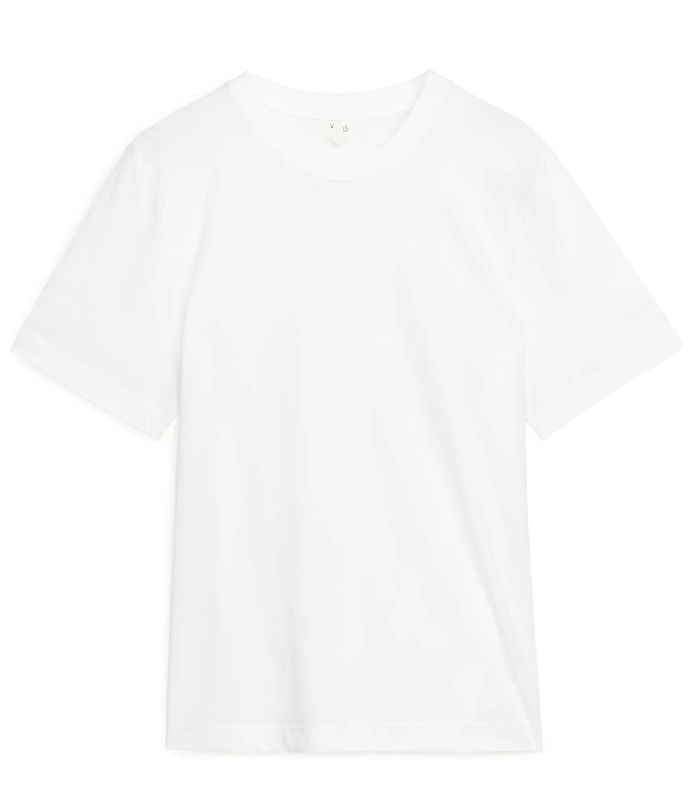

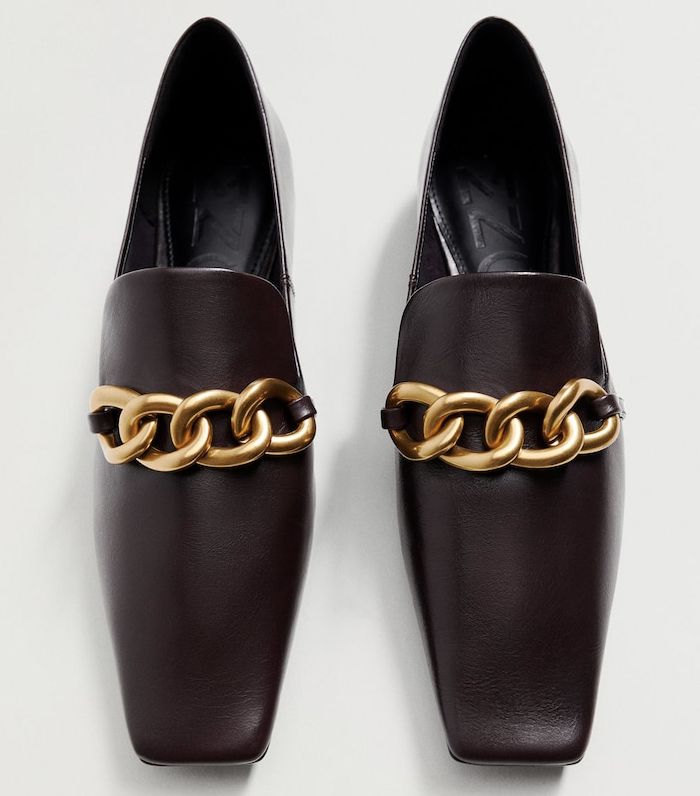
Up Next: I Just Moved Houses, and These Are the Homeware Buys I’m Obsessed With


